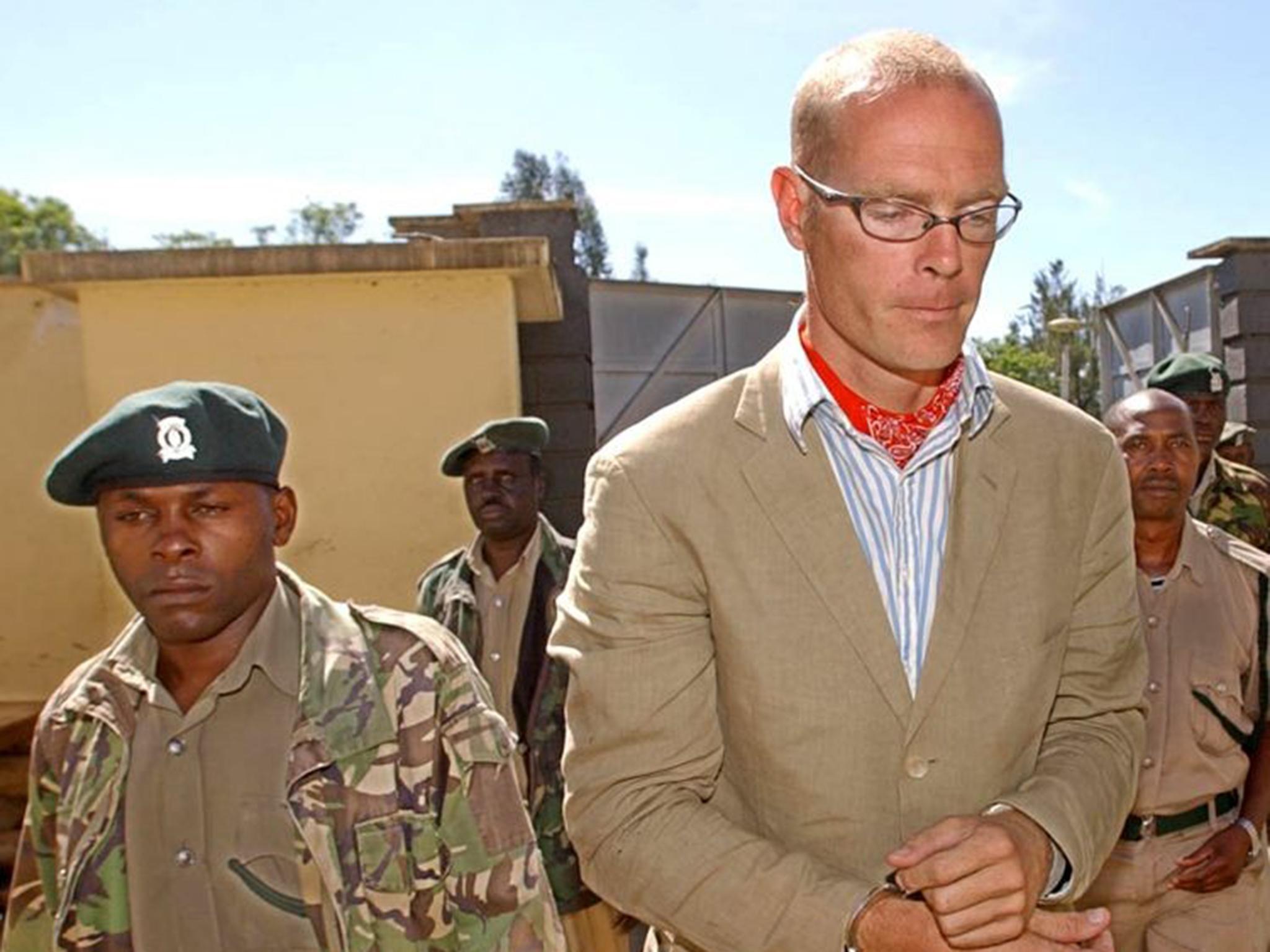Tom Cholmondeley dead: Aristocratic old-Etonian who was twice accused of murdering locals on his Kenyan estate
The 48-year-old is understood to have died following a complication with hip replacement surgery at a Nairobi hospital

Your support helps us to tell the story
From reproductive rights to climate change to Big Tech, The Independent is on the ground when the story is developing. Whether it's investigating the financials of Elon Musk's pro-Trump PAC or producing our latest documentary, 'The A Word', which shines a light on the American women fighting for reproductive rights, we know how important it is to parse out the facts from the messaging.
At such a critical moment in US history, we need reporters on the ground. Your donation allows us to keep sending journalists to speak to both sides of the story.
The Independent is trusted by Americans across the entire political spectrum. And unlike many other quality news outlets, we choose not to lock Americans out of our reporting and analysis with paywalls. We believe quality journalism should be available to everyone, paid for by those who can afford it.
Your support makes all the difference.The eccentric and controversial head of one of the most famous white settler families in Africa, the aristocratic old-Etonian Tom Cholmondeley, has died in a Nairobi hospital aged 48.
Son and heir of the fifth Lord Delamere, Mr Cholmondeley was twice accused of murdering locals on his vast, 50,000-acre Soysambu Estate in Kenya’s Rift Valley, which he was known to patrol while wearing a cravat and armed with a Luger pistol and Winchester rifle.
The two incidents received national news coverage, stoking fierce resentments over race and land rights and exposing deep tensions about the British presence in Kenya.
Mr Cholmondeley is understood to have died following a complication with hip replacement surgery at the MP Shah hospital in Nairobi.
But as in life, the aristocrat’s death has not been uncontroversial. According to Kenya’s The Star newspaper, the hospital refused on Thursday to give up Mr Cholmondeley’s body for a post mortem.
An unnamed family member told the newspaper they had asked for independent checks to be carried out at the Lee Funeral Home, but were turned away from the hospital.
Its chief executive, Anup Das, announced the death as occurring during an unspecified procedure. When asked why the body had not been released, he referred questions to the Delamere family lawyers.
Mr Cholmondeley was the great-grandson of the third Lord Delamere, one of the first and most influential British settlers in Kenya.
After control over the vast Delamere ranch and an estimated £40 million estate passed to him from his now 80-year-old father, the area became known as a no-go zone for locals, according to the Daily Nation, where Mr Cholmondeley led a reclusive life separated from his wife and two sons.
In 2005, he claimed self-defense and was cleared without trial in the killing of an undercover wildlife ranger who was arresting Mr Cholmondeley's workers suspected of poaching.
He was then convicted of manslaughter in the 2006 shooting of a black poacher and was jailed for eight months. The judge reduced the charge from murder, saying that Mr Cholmondeley's attempts to give first aid proved that he accidentally shot the poacher when aiming at his dogs.
The cases enraged Kenyans, who said he received special treatment because of his relation to Lord Delamere.
And they received intense media scrutiny, in part because of an association with the callous and freewheeling ways of Kenya’s earliest and largest white landowners, among whom the Delamere family were counted and whose antics inspired the book and movie adaptation White Mischief.
Join our commenting forum
Join thought-provoking conversations, follow other Independent readers and see their replies
Comments